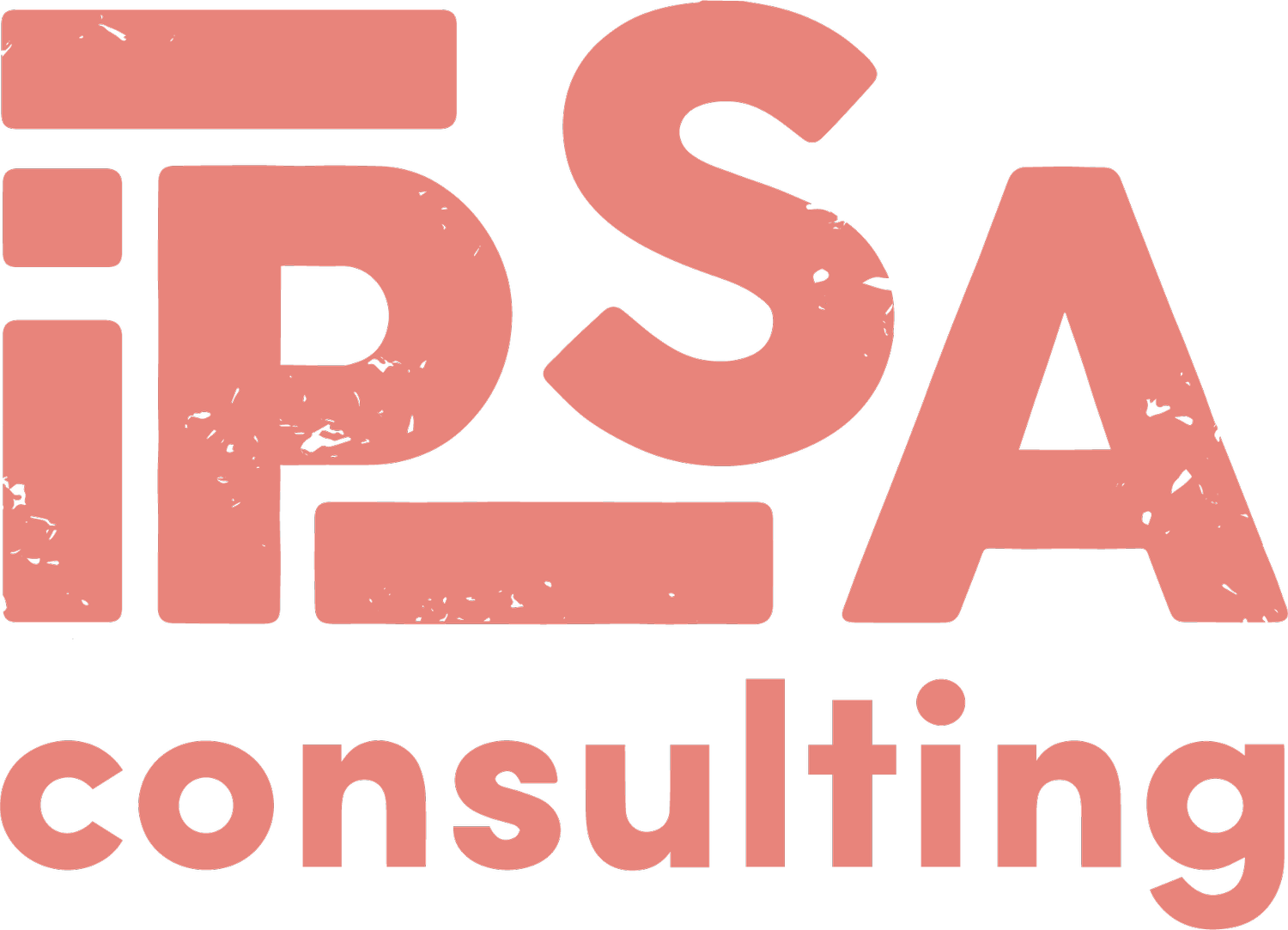What is an Environmentally Conscious Business?
You’re either here because you’re wondering what an environmentally conscious business is, or because you want to know more about implementing proactive strategies within your company. An environmentally conscious business, also known as a sustainable business, prioritises practices that minimise its negative impact on the planet. This means going beyond just following bog-standard regulations and proactively identifying ways to reduce your company’s negative impacts.
What does it mean for a business to be environmentally friendly?
Here's what it boils down to…
Resourcefulness - A sustainable business uses resources like energy and raw materials efficiently. They might use renewable resources like solar power and wind whenever possible.
Waste Reduction - Eco-conscious businesses aim to create minimal waste throughout their operations. This could involve things like using recycled materials, minimising packaging, and finding ways to reuse or repurpose waste products.
Reduced Emissions - Transportation, manufacturing, and energy use can all contribute to greenhouse gases. Sustainable businesses look for ways to minimise emissions, like using electric vehicles, public transportation, optimising logistics, and improving energy efficiency.
What is an example of eco-consciousness in a business?
There are many examples of brilliant, environmentally friendly companies - some of the more frequently referenced are Patagonia, Triodos Bank, and Good Energy. The best examples often have the environment as a core stakeholder and protecting it is a core value that soaks into every operational decision.
What is it to call a company environmentally friendly?
Here are ten ways a business can become more conscious of the environment:
Reduce, Reuse, Recycle - This classic waste hierarchy is a great place to start. Encourage reusables like coffee mugs (not takeaway) and water bottles (not single-use cups), minimise unnecessary printing, and prioritise recycling and Zero to Landfill refuse programmes.
Energy Efficiency - Invest in energy-efficient appliances and lighting, utilise natural light when possible, and consider options like solar power to reduce reliance on the grid.
Sustainable Procurement - Choose suppliers who share your commitment to sustainability. Look for companies that use recycled materials, have low-emission practices, and prioritise ethical sourcing. Policies and frameworks can help here.
Travel Smart - Encourage remote work options, utilise video conferencing for meetings, and promote carpooling or public transportation for commuting.
Think ‘Water’ - Install low-flow fixtures, fix leaky faucets promptly, and explore water-saving landscaping techniques like reusing rainwater.
Packaging with a Purpose - Minimise packaging or use recycled and recyclable materials. Explore innovative solutions like compostable packing peanuts and emerging mycelium materials rather than plastics.
Go Paperless - Embrace digital documents and cloud storage. Encourage greyscale, two-sided printing (if at all necessary) and use recycled content paper. But make sure to keep on top of your digital storage, because servers get full quickly and this is a big cause of greenhouse gases.
Greener Cleaning - Opt for eco-friendly cleaning products that are non-toxic and biodegradable.
Give Back to Nature - Support environmental organisations or plant trees to offset your carbon footprint.
Educate and Empower - Get your employees on board! It’s often best practice to generate ideas for eco-improvements from your people as they’ll be the ones implementing them. Provide training on sustainable practices and involve them directly in all aspects of eco-friendly initiatives. After all, it’s the people that make a business what it is.
If you need a helping hand when it comes to improving your environmental credentials then we can help. Book a no-obligation discovery call here.
